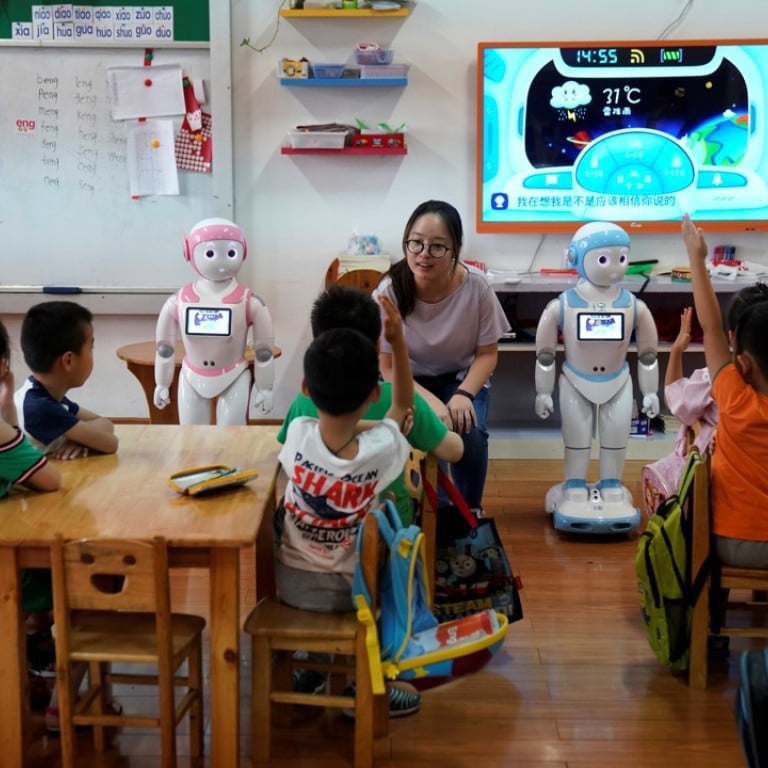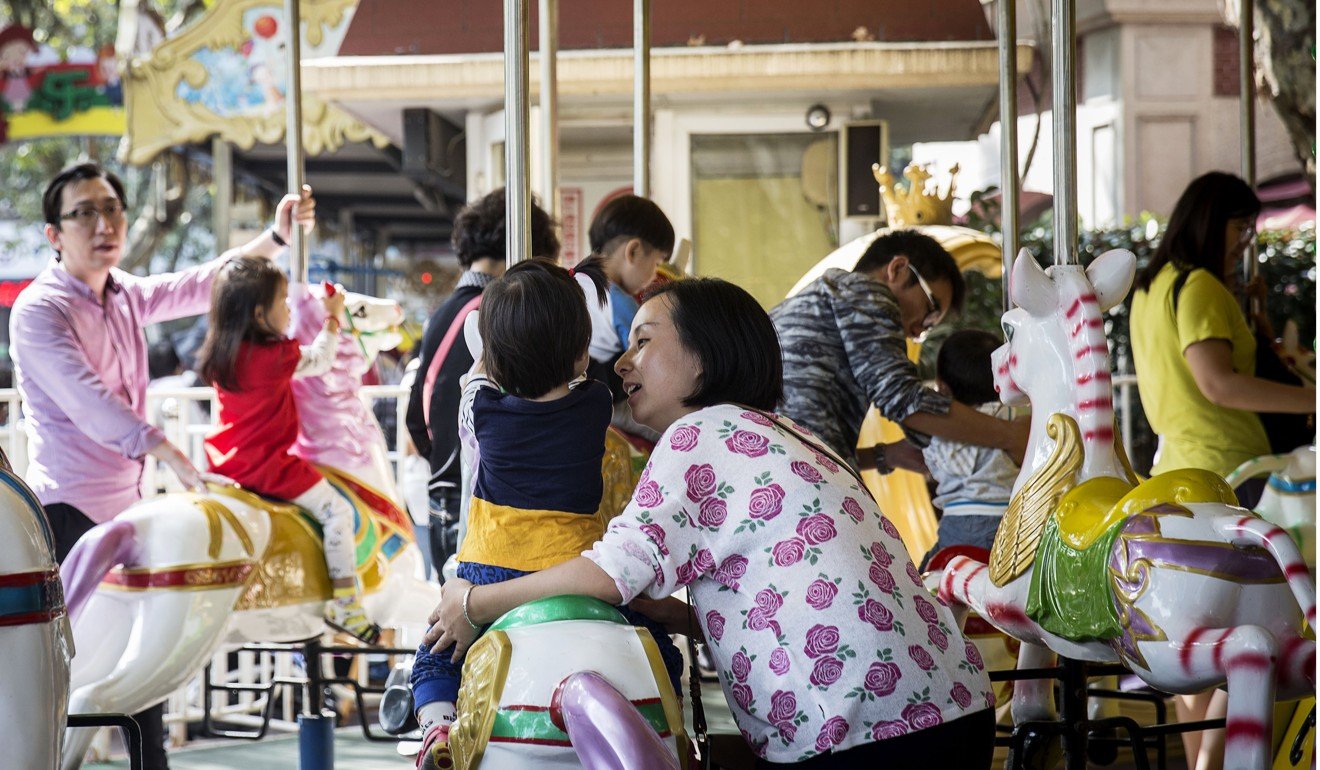
China’s ban on kindergartens raising funds in capital markets sparks education stock sell-off, clouds preschool sector’s prospects
- Latest policy bans private kindergartens from listing or raising funds from listed companies
- Move weighs on fears over tightening of private education sector
China’s ban of kindergartens raising funds in global capital markets to rein in the private preschool market has sent education stocks plummeting from Hong Kong to New York, as school operators and investors struggle to read the government’s longer term intentions for the billion-dollar sector.
The State Council, China’s cabinet, announced in a policy document on Thursday evening it is banning private kindergartens across the nation from seeking public listings either independently or as part of a portfolio and for-profit kindergartens from raising funds from listed companies.
The latest restrictions are part of Beijing’s drive to strengthen regulation of the country’s increasingly wayward private education sector, as operators put profit over affordability.
Education stocks tumbled broadly on fears that existing listed school operators may be forced to dispose their preschool businesses or even to delist, as the document did not address the issue.
China Maple Leaf Educational Systems plunged 19 per cent in Hong Kong on Friday, tracking the 53-per cent drop of preschool operator RYB Education on the New York Stock Exchange on Thursday. In China, Vtron Group Co plunged by the daily 10 per cent limit.
The sell-off also underscores the risks of doing business and investing in China, where sudden policy changes have hit industries from online gaming to entertainment this year.
“The policy came as a huge surprise,” said Li Lanfeng, head of marketing at Hong Kong-listed China 21st Century Education Group, which runs eight high-end kindergartens and lost 12 per cent of its market value on Friday.
“We have not decided on whether to dispose our kindergarten business and will follow the government’s decision closely,” Li said.
The government could have imposed the restrictions out of concerns over the rapid pace at which capital from the primary and secondary markets has gushed into the private education market over the past few years, said Forrest Chan, an equity analyst at CCB International Securities.
“They want to cool things down,” Chan said, adding that there was “a much higher level of regulatory uncertainty across the board” in the industry.

We have not decided on whether to dispose our kindergarten business and will follow the government’s decision closely
In Shanghai, China’s biggest commercial city, the majority of private kindergartens charge at least 3,500 yuan (US$500) per month, a study by education data provider 51xuetang.com found, but average salary was only 7,132 yuan last year.
It is data like these that have enticed investors at home and abroad. Education-related start-ups raised 15.7 billion yuan worth of capital from private equity and venture capital funds last year, up 13.3 per cent from the year before, according to China-based research firm Zero2IPO.
At least 15 education firms have gone public in Hong Kong and the United States since the beginning of last year. The stock prices of some of them have more than doubled in a year before crashing in August when an earlier round of controls were proposed in a vaguely worded draft legislation.
The law, if passed and implemented in the strictest form, would force thousands of private school operators to give up mergers and acquisition plans, and relinquish tax and land subsidies, according to analysts and lawyers.
Li of 21st Century said the impact on the company would be limited, as the company has been pivoting from operating physical schools to developing curriculum and providing services to other schools.
Its eight kindergartens accounted for 15 per cent of the company’s overall revenue in the first six months of this year, down from 24 per cent for the entire year of 2005.
“It will have an impact on us, but we of course still firmly support the policy,” Li said.

